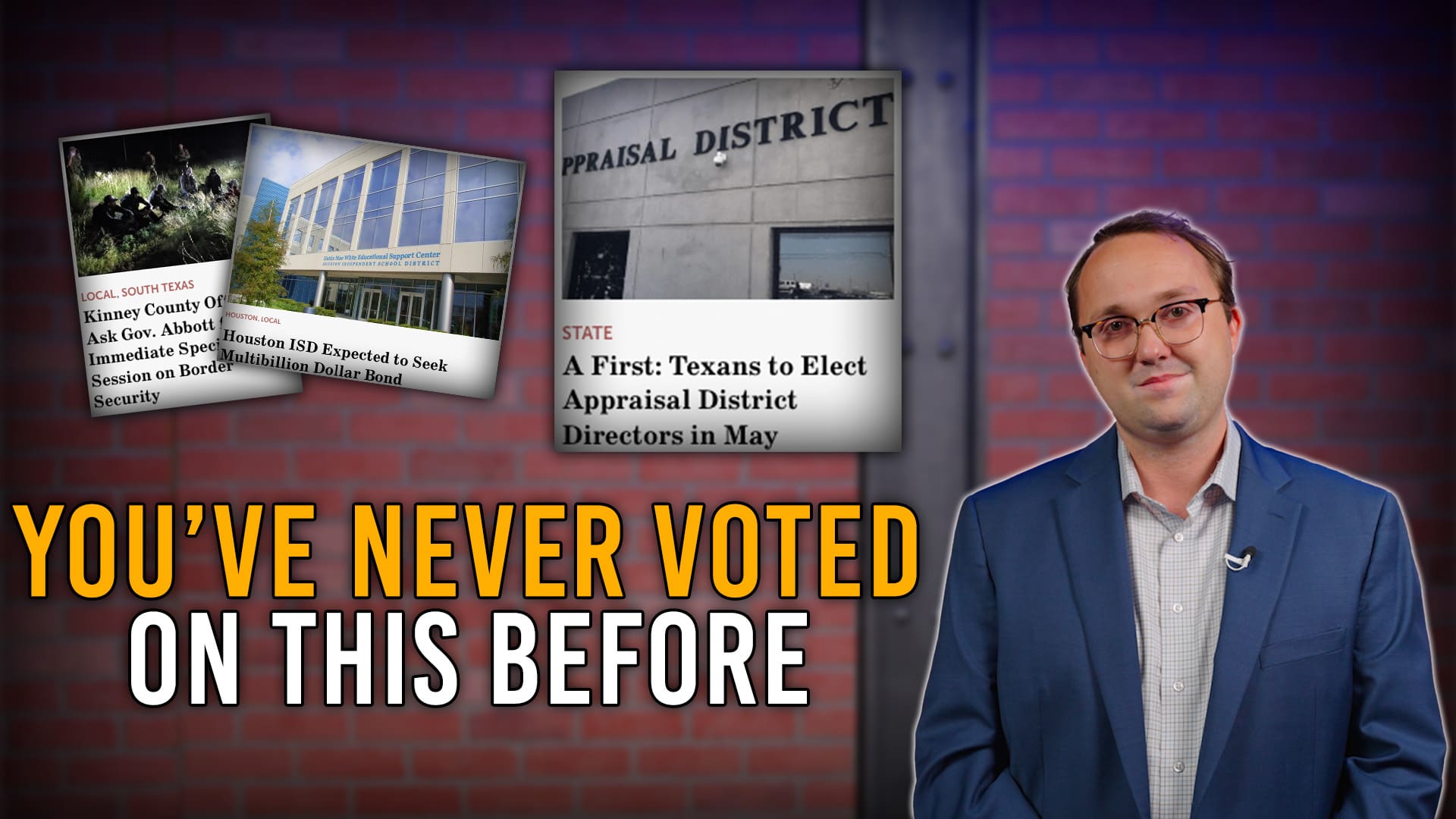With the legislative session underway, Harris County is looking forward to legislation that will help them recoup much needed funds that are currently being collected by the City of Houston. A favorable bill would require Houston to spend more of the tax revenue collected outside of city limits, in those areas.
The problem lies in an agreement Houston has with over 200 utility districts throughout both Harris and Fort Bend Counties. Through this, Houston is able to levy a 1-cent sales tax on shopping centers outside of city limits with no obligation to provide city services and no assurance that any of the revenue collected will be spent in the areas it is collected from. Also, residents in these suburbs are not eligible to vote in city elections.
Though providing nothing to these taxpayers, Houston agrees to not attempt to annex the areas for 30 years in exchange for the tax revenue. The city has taken on this taxation without representation approach because state law makes it easier to make arrangements with utility districts than to fully annex these suburbs.
The law curbs cities’ rapid absorption of smaller suburbs by allowing limited purpose annexations. While major cities across Texas use this to ease the transition of annexation, Houston uses it merely to collect sales taxes.
Many of the utility districts don’t have the authority to repair and build roads, so they become the county’s responsibility.
According to Harris County Judge Ed Emmett, it is predicted that by the year 2018 more people will live in the unincorporated areas of Harris County than in Houston. The county relies solely on property taxes so this revenue grab by Houston leaves these areas unable to fund expansion, repairs, and the building of roads.
Some Fort Bend commissioners are arguing that Houston is missing the purpose of why sales taxes should be levied, and if they are collected in an area they should be spent in that area, not Houston.
Mayor Annise Parker shies away from publicly commenting on the issue, but the city has always defended these actions by pointing to wear and tear caused by residents who work in the city, but live outside of its limits.
Area residents escape Houston’s high property taxes, but take advantage of the better pay a city offers. For this reason city officials argue those should be forced contribute, even though they don’t receive all of the benefits of the average Houston taxpayer.
County officials want the Legislature to require Houston to spend half of the revenue in the area that it is collected from. Last year Houston received $92.6 million in taxes through these agreements. This additional revenue bypasses the voter-imposed tax cap because it is collected outside of city limits. With Houston’s rampant financial mismanagement, and lack of transparency, it shouldn’t be left up to the city to determine where this money is spent. Harris County as a whole is managed well financially, especially when compared to the City of Houston, but with the increasing population of the suburban areas the burden of maintaining adequate roads without due revenue is becoming a burden too heavy to bear.




